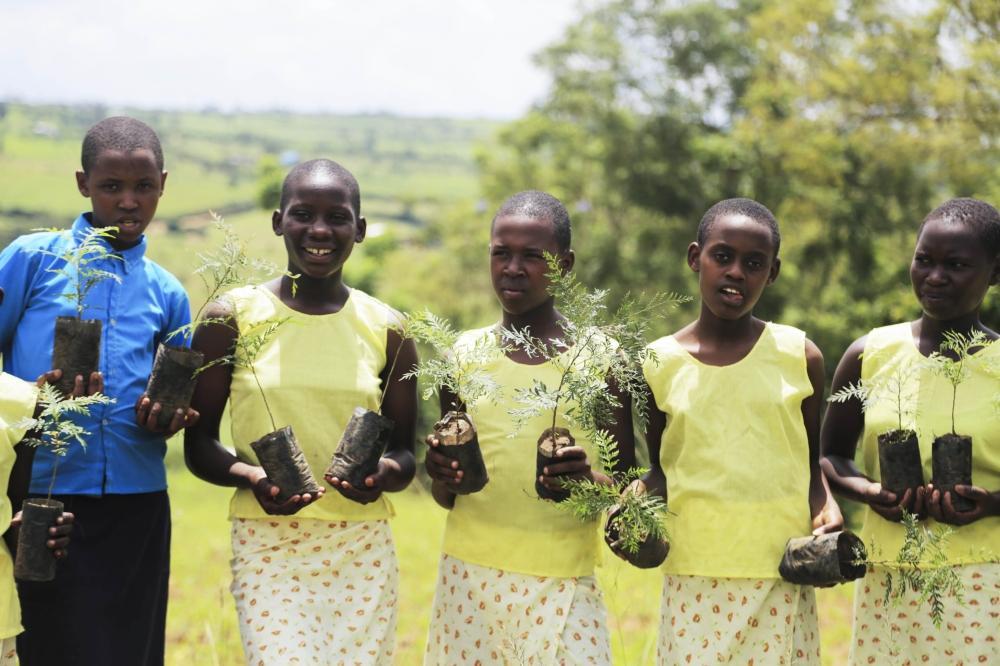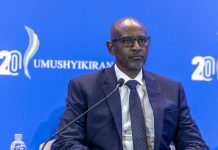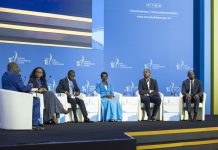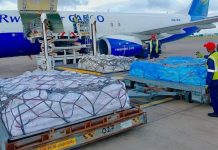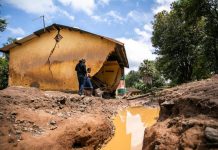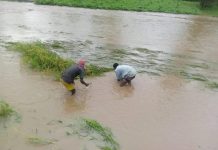Africa-Press – Rwanda. Rwanda has been selected among four African countries to receive support from the United Nations Educational, Scientific and Cultural Organisation (UNESCO) to develop school-based climate solutions and integrate them into teaching and learning.
The initiative seeks to strengthen environmental education and action across the education system.
The other participating countries are Kenya, Seychelles, and Uganda.
The project—Leadership for Education for Sustainable Development (LEAD-ESD)—targets Teacher Training Colleges (TTCs) and aims to equip school leaders, teachers, and students with practical skills to address local climate challenges while promoting sustainable practices in education.
According to UNESCO, the four participating countries face urgent climate-related challenges that directly affect their people and economies. Seychelles, for instance, is experiencing the effects of rising sea levels, coral bleaching, and coastal erosion that threaten biodiversity and livelihoods.
Kenya and Uganda continue to grapple with droughts, floods, and biodiversity loss, while Rwanda faces growing pressures from land degradation and erratic rainfall that affects agriculture and food security.
In all four countries, youth unemployment, limited access to green technologies, and gaps in climate literacy have slowed progress toward sustainable development. The new initiative aims to bridge these gaps by transforming how schools teach and respond to environmental issues.
“Global agreements on climate change must be translated into local action,” said Pascal Gatabazi, Chief Technical Advisor at the Ministry of Education.
“In Rwanda, that means integrating sustainability into the curriculum and teacher training. Students must grow up knowing how to protect their environment and create green jobs for the future.”
Strengthening climate education in Rwanda
Rwanda has in recent years made strong commitments to integrating sustainability into its Competence-Based Curriculum (CBC), introduced in 2015. The curriculum focuses on equipping learners with practical skills, values, and problem-solving abilities instead of rote learning.
Through the UNESCO-supported project, teachers and school administrators will receive training to design and implement climate-related projects that align with the curriculum. The aim is to make environmental education not just theoretical, but part of everyday learning experiences in schools.
Dominique Mvunabandi, Head of the Science, Technology and Innovation Department at the Rwanda National Commission for UNESCO, said the initiative will also create a platform for innovation and competition among schools.
“The best school projects will be selected to compete at the regional level. For example, schools in the Eastern Province might focus on drought management, while others may address flooding or waste challenges. About 100 teachers will take part in designing projects and teaching students,” he explained.
Climate action in classrooms
In some TTCs, students and teachers are already implementing practical solutions. At TTC Zaza, teacher Irarora Gildas said nearly 1,000 students have planted avocado trees across four hectares.
“Each student is responsible for a tree—mostly fruit trees like avocado. This way, they learn to care for the environment while contributing to nutrition,” he said. “Planting a tree is a lesson that lasts for generations.”
He noted that avocados not only provide shade and improve soil quality but also have high nutritional and economic value, offering long-term benefits to both the students and the school.
In Bugesera District, Claudine Musabimana and her colleagues at TTC Nyamata are combining tree planting with waste management initiatives.
“Our project is called Keeping Our School Green and Clean. We have tree nurseries and ensure waste is sorted and recycled. Students don’t just read about environmental protection—they see it, practise it, and take it home to their families,” she said.
Education as a driver for sustainable change
UNESCO officials say the initiative is part of a broader effort to transform teacher education and technical training institutions into engines of sustainable development.
Patience Awopegba, Programme Specialist at the UNESCO Regional Office for Eastern Africa, said the LEAD-ESD project aims to help countries build a culture of sustainability through education.
“The world faces a global crisis caused by unsustainable practices, and addressing it requires a change in mindset and attitude—something that can be nurtured through education from early childhood to higher learning,” she said.
Awopegba linked the initiative to the 17 Sustainable Development Goals (SDGs), describing Education for Sustainable Development (ESD) as a powerful catalyst for achieving them by 2030.
The Leadership for Education for Sustainable Development (LEAD-ESD) programme is a regional capacity-building initiative coordinated by UNESCO and UNICEF and implemented by Kenyatta University. It seeks to transform teacher education and Technical and Vocational Education and Training (TVET) systems across Eastern Africa.
The programme aims to equip educators, policymakers, and institutional leaders with the knowledge and tools needed to integrate sustainability into curricula, pedagogy, and school practices—creating a generation of learners prepared to confront environmental challenges head-on.
As the project unfolds, participating countries hope that schools will become not only centers of learning but also laboratories for climate innovation—where students plant trees, manage waste, and design real-world solutions to climate challenges.
For Rwanda, this approach aligns with national efforts to promote green growth, climate resilience, and youth empowerment. By embedding sustainability into classrooms, the country aims to nurture citizens who will not only understand climate change but also lead in building a greener, more sustainable future.
For More News And Analysis About Rwanda Follow Africa-Press

